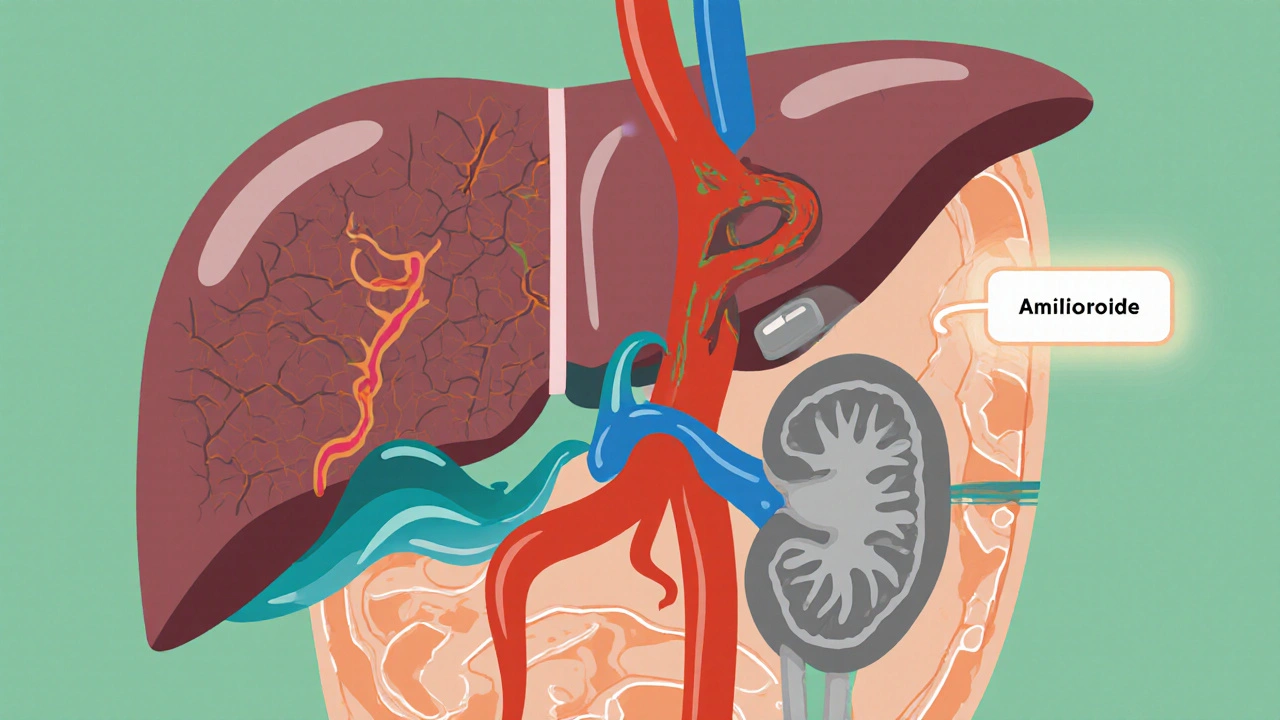Liver Disease Overview
When working with Liver disease, any disruption to the liver’s normal structure or function, ranging from inflammation to scarring. Also known as hepatic disorder, it can arise from infections, toxins, or metabolic problems. Understanding liver disease early can save you a lot of trouble down the road.
One of the most common forms is Hepatitis, inflammation of the liver usually caused by viruses, alcohol, or autoimmune activity. If hepatitis goes untreated, it may progress to Cirrhosis, permanent scar tissue that replaces healthy liver cells and impairs function. Another frequent issue is Non‑alcoholic fatty liver disease (NAFLD), fat buildup in liver cells linked to obesity and insulin resistance. Finally, Alcoholic liver disease, damage caused by chronic heavy drinking, ranging from fatty liver to cirrhosis rounds out the main categories.
Key Factors and How They Interact
Liver disease encompasses many sub‑conditions, each influenced by lifestyle and genetics. Excess weight fuels NAFLD, while repeated binge drinking drives alcoholic liver disease. Viral infections such as hepatitis B or C are direct triggers for hepatitis, and when they linger they often lead to cirrhosis. Even common medications—like certain antibiotics or pain relievers—can cause drug‑induced liver injury, highlighting why liver health requires careful monitoring.
Diagnosing any liver problem usually starts with liver function tests, which measure enzymes like ALT and AST. Elevated levels signal that liver cells are under stress. Imaging tools such as ultrasound or elastography help visualize fat, inflammation, or scar tissue. In ambiguous cases, a biopsy provides a definitive look at cellular changes. These tests together form a roadmap that guides treatment decisions.
Treatment strategies vary by the specific condition but share common goals: reduce the cause, support regeneration, and prevent complications. For hepatitis caused by viruses, antivirals can clear the infection. Lifestyle tweaks—weight loss, balanced diet, and limiting alcohol—are the cornerstone for NAFLD and alcoholic liver disease. Advanced cirrhosis may need medications to manage portal hypertension, or even a liver transplant when the organ fails.
Below you’ll find a curated collection of articles that dig deeper into each of these topics. Whether you’re looking for symptom checklists, medication comparisons, or lifestyle advice, the posts ahead break down the science into practical steps you can act on right away.

How Amiloride Helps Treat Ascites in Liver Disease
- Oct, 19 2025
- Daniel Remedios
- 13 Comments
Learn how amiloride works, dosing, safety, and combination strategies for managing ascites in liver disease, plus a practical checklist and FAQ.
